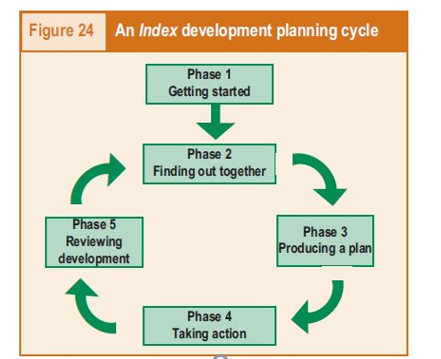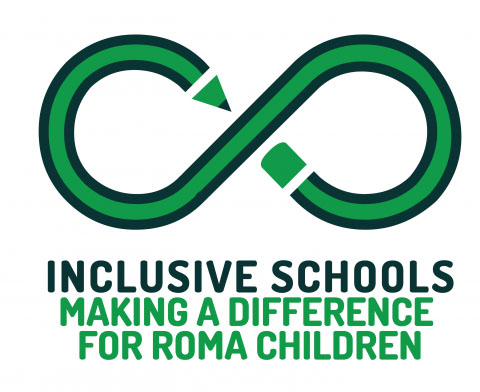On 17 March 2020, the INSCHOOL project contributed to the discussion at OECD’s Policy Forum focusing on “Measuring and evaluating inclusion in education: developing and applying indicators”.
The event was organised by the Strength through Diversity Project of the OECD and aimed to: discus the role that indicators for inclusion can have both at the national and school level; present different country experiences with indicators and their use in education settings, considering both challenges and benefits; and promote discussion among participants about opportunities for future developments in the area of indicators for inclusion and envisage forward-looking policies for their adoption in education systems. The Policy Forum engaged diverse profiles of participants such as country delegates, researchers, practitioners, education and training providers, international organisation and foundations, etc.
The European Union and Council of Europe “Inclusive schools: Making a Difference for Roma Children (INSCHOOL)”, since 2017, has been promoting the use of Indicators for inclusive school development and inclusion of Roma children through interventions in 35 schools in the Czech Republic, Hungary, Romania, the Slovak Republic and the United Kingdom. The intervention and support for schools was based on the “Index for Inclusion: a guide to school development led by inclusive values” developed by Tony Booth and Mel Ainscow.
The co-author of the Index for Inclusion, Prof Mel Ainscow and Denis Durmish, INSCHOOL Project Manager delivered remarks during the second session of the event with a focus on “Indicators for inclusion at the school level: how can we measure inclusion in schools and classrooms?”
Mr Durmish shared INSCHOOL’s methodology and experiences and described the use of the index development planning cycle (as promoted by the Index for Inclusion) as a systemic approach of resolving pressing issues, school challenges, seeking pedagogical approaches and tailored school solutions based on inclusive set of values. The set of indictors with a large number of questions support schools’ actors in critically reflecting on issues and guide them through a process of seeking solutions in a participatory, honest and respectful manner. The Index for Inclusion provides specific tools for assessing development through a set of adaptable questionnaires aimed for teaching and non-teaching school staff, parents, youngest children and children and youth.
Through the experiences of the INSCHOOL Project, the self-evaluation findings (questionnaires) at the end of the index development planning cycle have helped schools to assess the situation and progress made in crucial (or priority) areas of their concern. As an example, in a primary school, the children and youth questionnaire about the perception of school inclusion reviled that 86% of pupils believed teachers helped them if they have a problem in a class and feel that their teachers listen to them. This is a positive indication that teachers are open and responsive to the needs of pupils. On the opposite end, the survey results also provided indication that around 40% of the school respondents agree with the statement that teachers are impartial when punishing a child. Therefore, teachers’ objectiveness in the way they treat pupils is a priority that needs to be considered. The two examples are just a minor sample of the available indicators provided with the Index.

After the assessment of the school development or finding out the challenges of schools in more depth, the Index methodology suggests a continued process of reflection through the specific and tailored approach of the index development planning cycle.
At the project level[i], and after application of the Index methodology in schools, the survey results have pointed out to significant improvement of relationships between teachers, parents and students. This played an important role, especially in terms of the response to the difficulties that emerged during the Covid crisis. It was also noted that in some schools, the school personnel reached out and provided support to local Roma communities that are usually rather isolated/excluded. Another interesting highlight is that there was increased participation of parents within the daily work of the school and in after-school activities.
As noted by Mel Ainscow, co-author of the Index for Inclusion “The concepts of the Index are important, especially as regards analysing barriers, recognising their context and mobilising resources”.
INSCHOOL project is currently in its third cycle of implementation. More information about the project and its objectives can be found here .
[i] The presentation of findings in this article and during the event was done with a sole purpose of showcasing the examples of the practical implementation and impact of the INSCHOOL project and the Index for Inclusion methodology. A comprehensive understanding of the results needs to take into consideration a wider interpretation of the complete set of data and the correlation between the sets of indicators.


